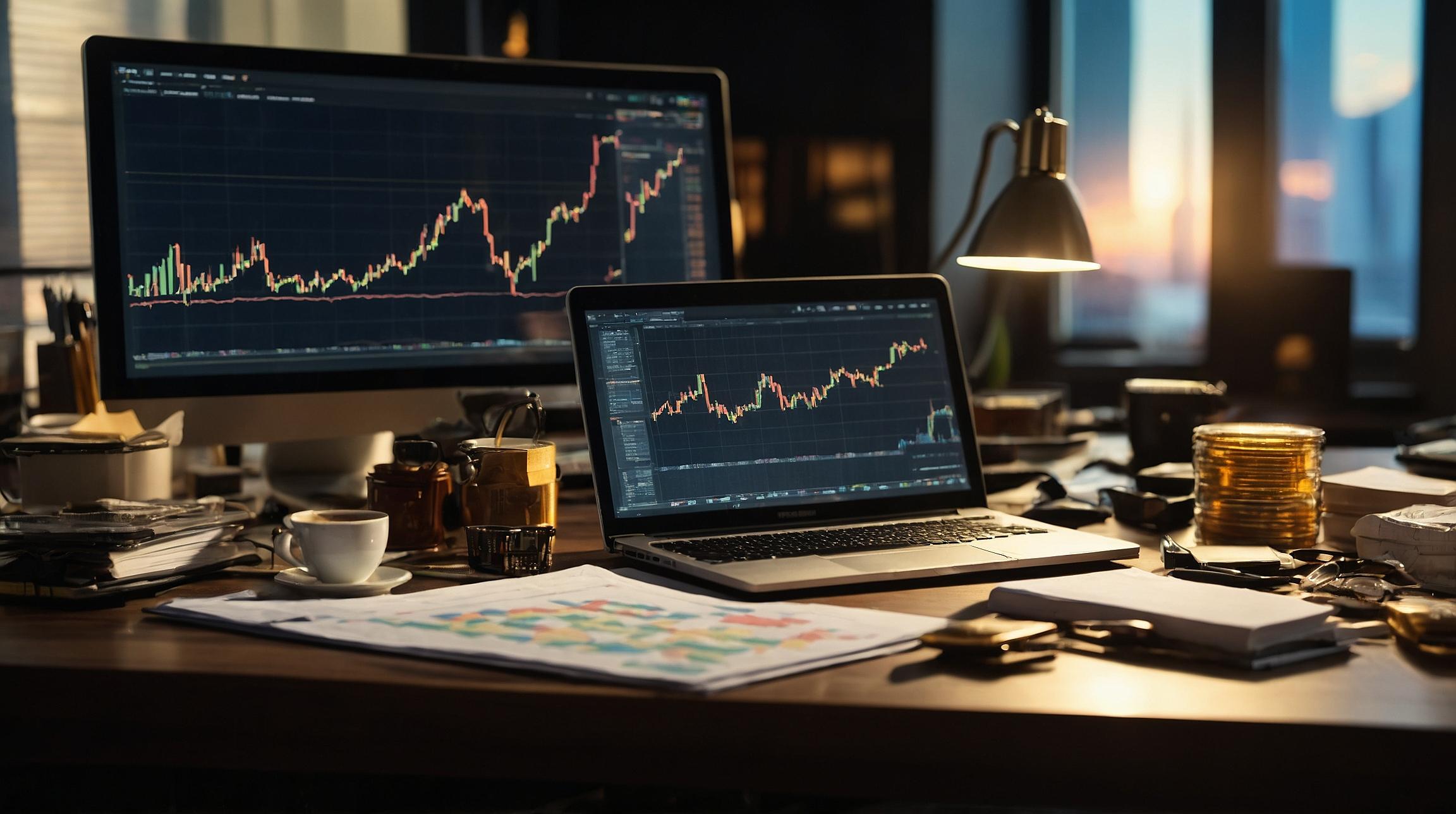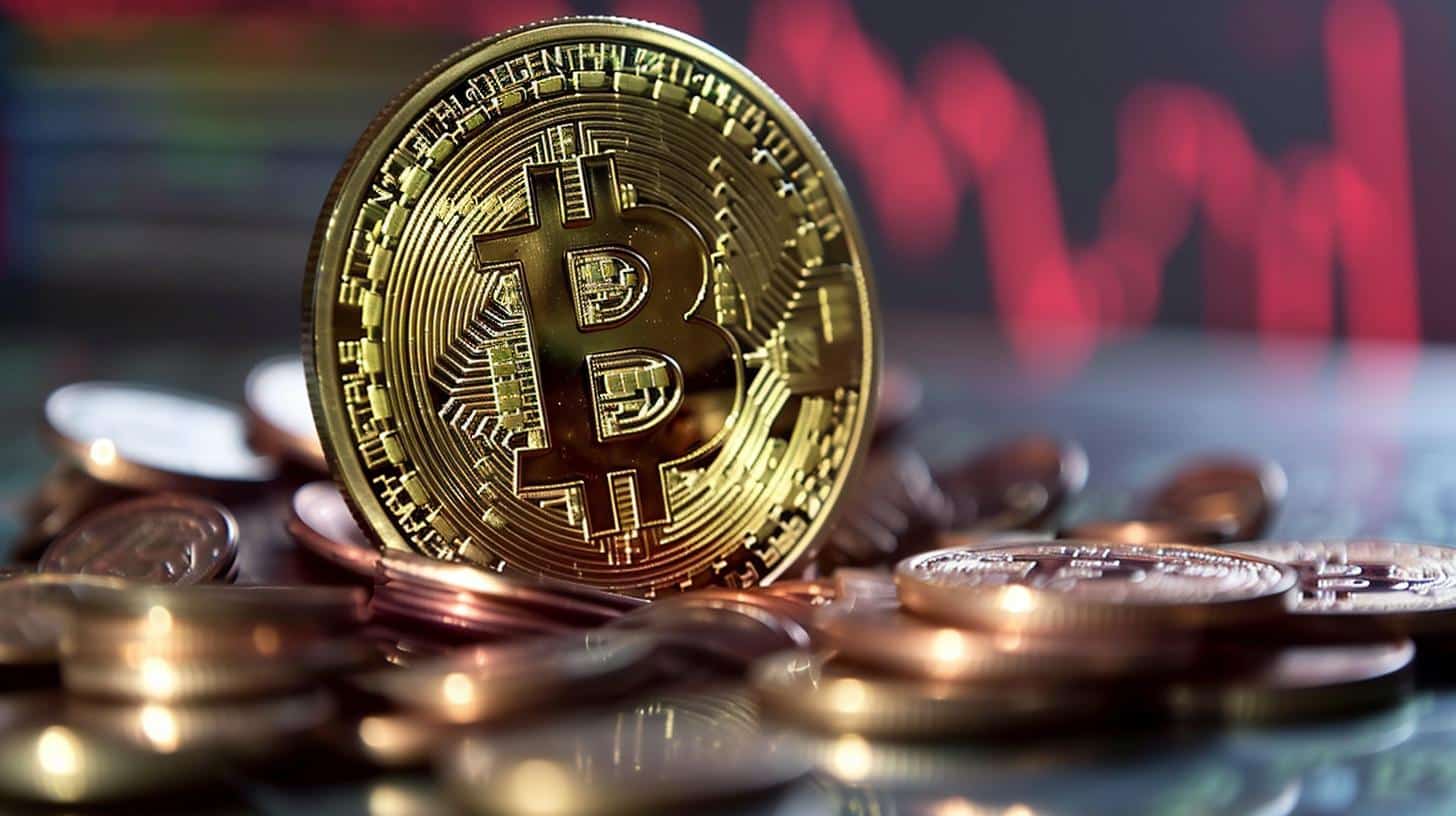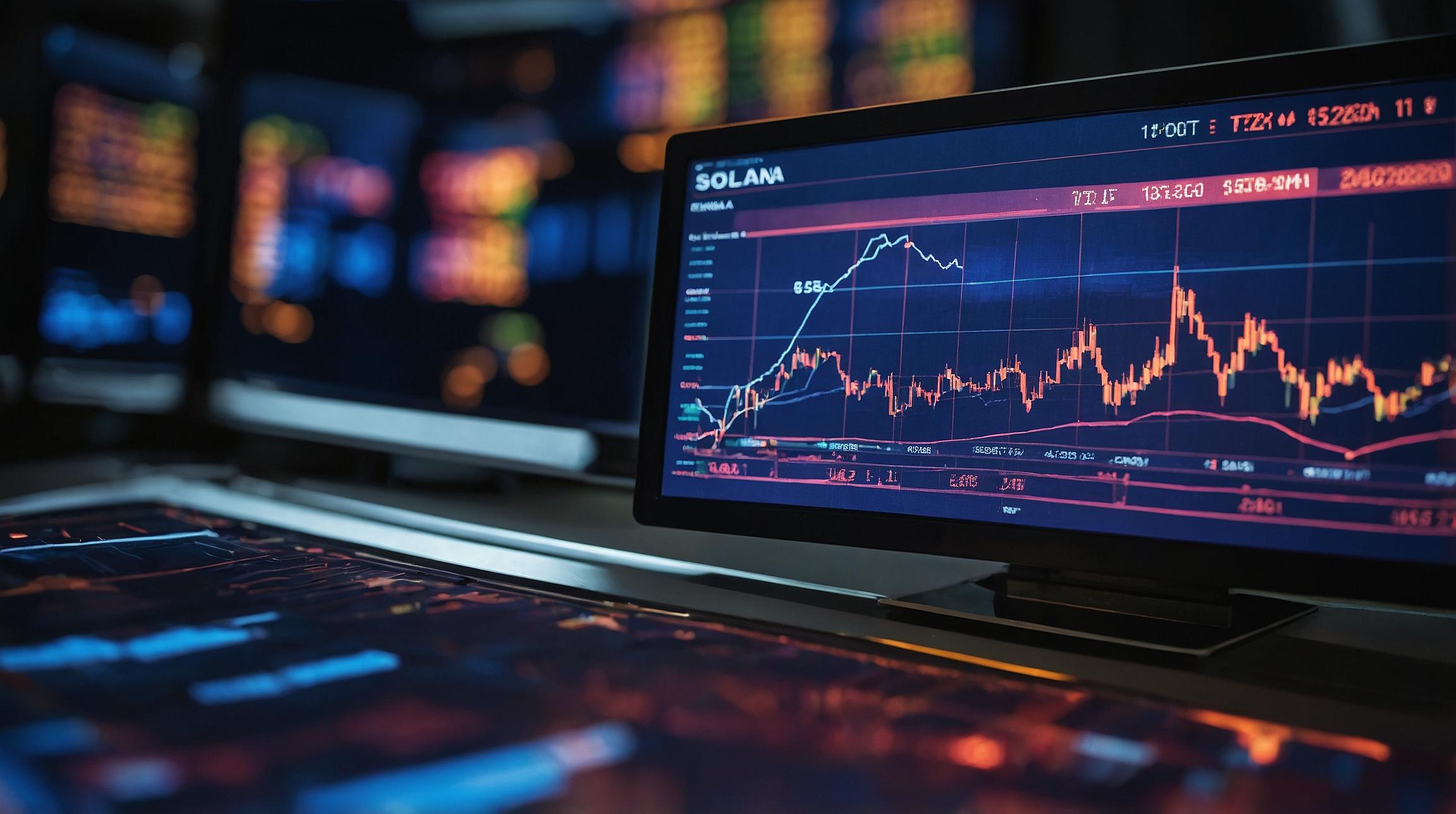Rubio Presses SEC on Shein IPO Amid China Risks
In a recent development that has caught the attention of top lawmakers and investors, Republican Senator Marco Rubio has called on the U.S. Securities and Exchange Commission (SEC) to take decisive action against Chinese online retailer Shein’s attempt to go public on New York stock exchanges. The move underscores growing concerns over the transparency and operational risks associated with companies based in or heavily tied to China, amidst escalating tensions between Beijing and Washington.
Senator Rubio, a recognized figure in the fight against China’s influence in global markets and the vice-chair of the Senate Intelligence Committee, has spotlighted the issue through an exclusive letter addressed to SEC Chair Gary Gensler. The letter, revealed by Reuters, emphasizes the dubious nature of Shein’s filings and the comprehensive risks of conducting business in China, especially in light of new legislation passed by China's securities watchdog.
Shein's Push for U.S. IPO Sparks Controversy
Shein, an e-commerce giant known for its highly affordable apparel, has recently sought approval from Beijing for its prospective U.S. IPO. This request aligns with 2023's regulatory changes by the China Securities Regulatory Commission, which now vets offshore listings and can veto offerings deemed a threat to national security. Rubio’s concerns stem from these changes, which he believes could potentially shield the real dangers investors face.
The controversy doesn’t end there. Shein has faced criticism and legislative pushback for allegedly using forced labor, notably in producing items containing Xinjiang cotton. Rubio has specifically requested disclosures related to Shein’s use of cotton from the Xinjiang Uyghur Autonomous Region, a highly contentious area where the Chinese government is accused of serious human rights violations against Uyghur Muslims.
Legislative Hurdles and Market Regulations
Rubio's criticisms of Shein extend to what he views as systemic exploitation of market regulations, notably the de minimis trade exemption. This U.S. policy allows for tariff-free import of packages valued at $800 or less, a loophole Shein is accused of leveraging to its substantial benefit, despite its denials of such practices. Rubio, among other lawmakers, has proposed legislation aimed at closing this exemption to Chinese manufacturers, which could significantly impact Shein’s business model.
The ongoing debate and Rubio’s fervent opposition to Shein’s stock market debut in the U.S. signal a critical juncture for global tech and e-commerce entities operating within or alongside the Chinese market. As tensions simmer and regulations tighten, the international investment community remains on edge, watching closely how the SEC responds to these pressing concerns and allegations.
In a climate where geopolitical and ethical considerations intersect with market operations, Shein’s IPO is more than a financial event; it’s a litmus test for the future of international business relations and market integrity. Investors and market watchers await further developments with bated breath, as the outcome could set precedents with far-reaching implications for global commerce and cross-border investments.
Analyst comment
Neutral news. As tensions between the US and China escalate, Republican Senator Marco Rubio has called on the SEC to take action against Shein’s IPO. Concerns over transparency, operational risks, and alleged use of forced labor have sparked controversy. Rubio’s opposition and proposed legislation could impact Shein’s business model. The response from the SEC will be closely watched, as it could set precedents for international business relations and market integrity.













